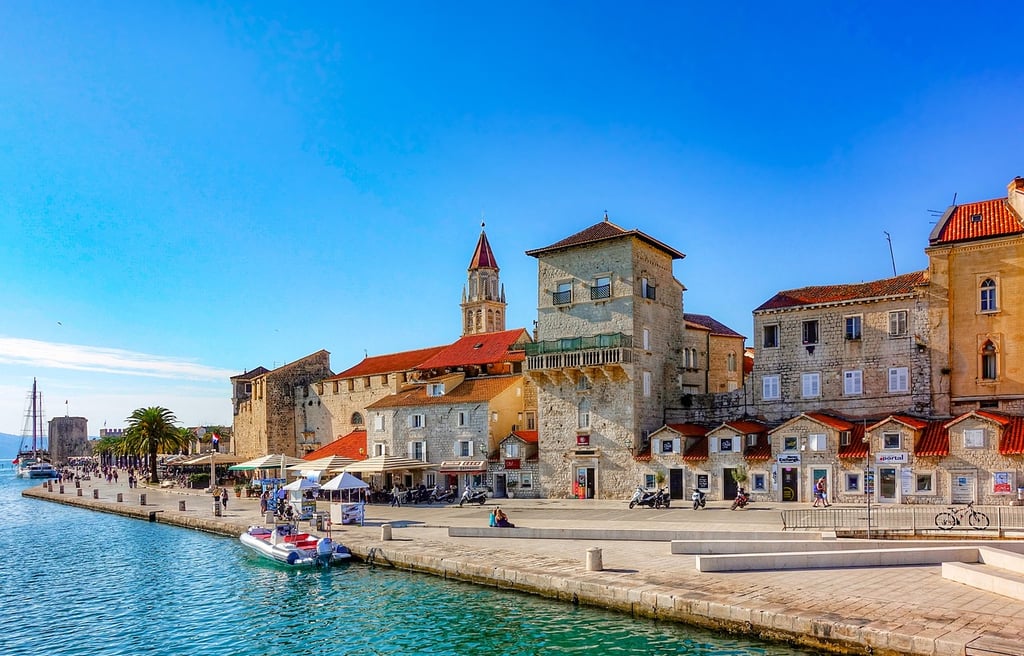Key Facts about Trogir, Croatia
A UNESCO World Heritage Site on Croatia’s stunning Dalmatian Coast, Trogir is a medieval town that feels like stepping back in time. With its cobbled streets, Romanesque and Renaissance architecture, and lively seaside promenade, this historic gem is a perfect mix of culture, charm, and Adriatic beauty.
8/29/20251 min read


Location
Central Dalmatian Coast, Croatia – about 27 km west of Split.
Known for
Its UNESCO-listed old town, medieval architecture, and vibrant seaside atmosphere.
Best Time to Visit
May to September for sunny days, warm seas, and cultural festivals.
Local Language
Croatian.
Currency
Euro (€).
Getting There
By air: Split Airport (just 6 km away).
By car: Connected via the Adriatic Highway and close to Split.
By boat: Regular ferry services link Trogir to nearby islands and coastal towns.
Top Attractions
Trogir Old Town – A maze of narrow cobblestone streets filled with history.
Cathedral of St. Lawrence – A masterpiece of Romanesque-Gothic architecture with stunning views from its bell tower.
Kamerlengo Fortress – Offering sweeping views of the town and sea.
Riva Promenade – A lively waterfront lined with cafes, restaurants, and palm trees.
Nearby Beaches – Medena Beach and Pantan Beach for swimming and sunbathing.
Local Specialties
Pašticada – Slow-cooked beef in rich sauce, often served with gnocchi.
Fresh Adriatic seafood – Grilled fish, mussels, and octopus salad.
Soparnik – Traditional chard-filled flatbread.
Dalmatian wines – Especially white Pošip and red Plavac Mali.
Notable Events
Trogir Summer Festival (July–August) – Music, theater, and cultural performances across the old town.
Moondance Festival (August) – Electronic music inside Kamerlengo Fortress.
Feast of St. John (June) – A traditional local celebration with processions and festivities.
Contact us
Copyright © 2025. Ralnoscape All rights reserved.
Destinations
Resources


Follow us
This website uses affiliate links which may earn a commission at no additional cost to you
